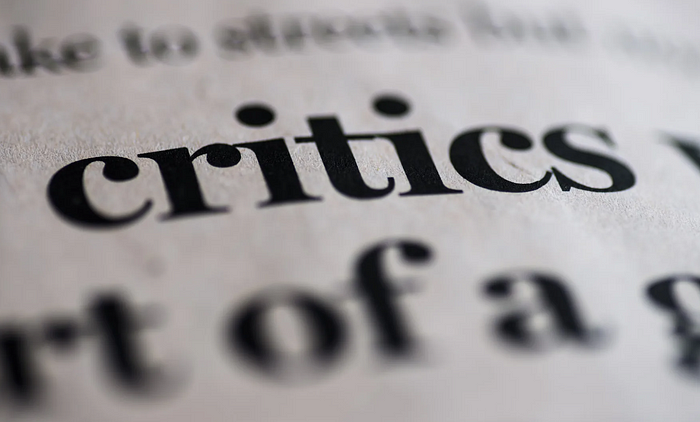Member-only story
The Positive and Negative Sides of Being a Constant Critic

Criticism is an act that can be as old as conversation itself, a tool that can be wielded for good or ill depending on the intention, content, and context.
A constant critic is someone who engages in criticism regularly, evaluating, analyzing, and often judging others or themselves.
But is being a constant critic a commendable or condemnable trait?
In this article, we will delve into the positive and negative aspects of being a constant critic, assessing how it affects not only the critic but also those around them.
The Positive Side of Being a Constant Critic
1. Enhancing Understanding and Growth
- Analytical Thinking: Constant critics often have a keen analytical mind. They break down complex issues, helping themselves and others understand the subject more clearly. This ability aids in problem-solving and fosters intellectual growth.
- Constructive Feedback: When applied correctly, constant criticism can provide valuable feedback. It helps identify areas for improvement, guiding the recipient toward growth and better performance.
- Promoting Excellence: A culture of constructive criticism encourages a pursuit of excellence. By regularly assessing and providing feedback, constant critics can drive themselves and others toward higher standards.
2. Catalyst for Innovation
- Challenging the Status Quo: Critics question existing beliefs and norms, which can lead to innovative thinking and revolutionary changes.
- Stimulating Creativity: By evaluating and dissecting different ideas, a constant critic can help in refining and building upon them, leading to creative solutions.
3. Guardians of Ethics and Integrity
- Moral Watchdogs: Critics often act as moral or ethical watchdogs, ensuring that individuals and organizations adhere to ethical principles.
- Transparency and Accountability: They promote transparency by shedding light on malpractices and encouraging accountability in various sectors of life, such as politics…
